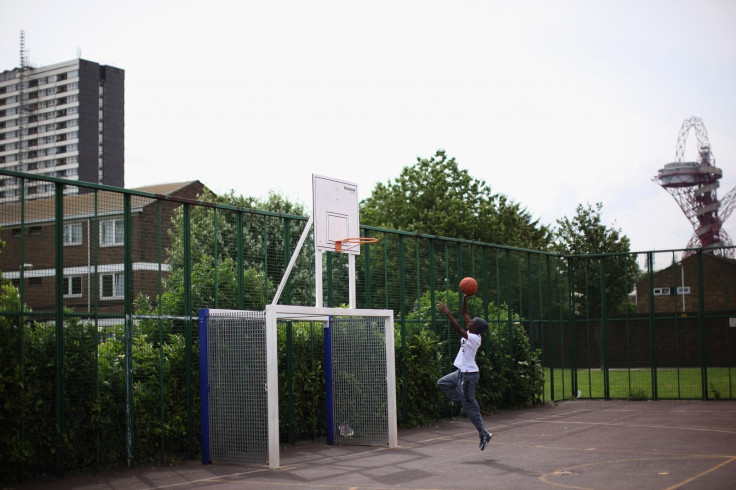British baby of wealthy parents will live 8 years longer than child born in poor neighbourhood

KEY POINTS
- Gap has increased from 7.2 to 8.4 years in the past 15 years.
- Income inequality biggest factor behind widening life expectancy gap, say researchers.
The life expectancy gap between the richest and poorest in England has widened by almost a decade, a new study has revealed.
On average, a boy born in one of the country's richest areas will live 8.4 years longer than a child in one of England's poorest neighbourhoods, according to the Longevity Science Panel (LSP).
In 2001, the difference in life expectancy between children in the richest and poorest neighbourhoods was 7.2 years.
Researchers at LSP said income inequality was the biggest factor behind the widening life expectancy gap.
LSP Chairwoman Dame Karen Dunnell said: "Dying earlier if you are poor is the most unfair outcome of all, so we should all be concerned about the growing divergence in rich-poor life expectancy."
"To reduce the risk of further widening, we need better understanding of the precise causes, followed by coordinated policy initiatives across health, work, welfare, pension and housing to improve outcomes for all," she added.
The LSP study found that death rates for 60 to 89-year-olds had improved across all socio-economic groups between 2001 and 2015, but said that the biggest gains were recorded for the most well-off in society.
In that age group, the least advantaged fifth of the country are about 80% more likely than those from the most advantaged fifth to die in any given year, according to the study, which reviewed data from the Office for National Statistics (ONS).
A spokeswoman for the Department of Health and Social Care told the BBC that health inequality is "a challenging and complex area" which the government is "committed to tackling."
"Cancer survival rates are at a record high and smoking rates are at an all-time low, but we know there is still too much variation," she added.







